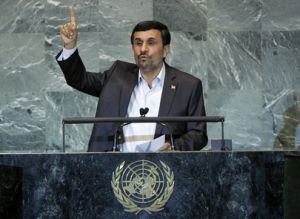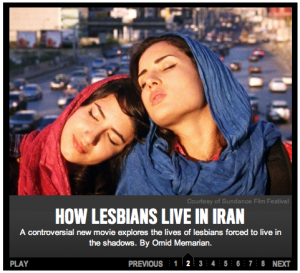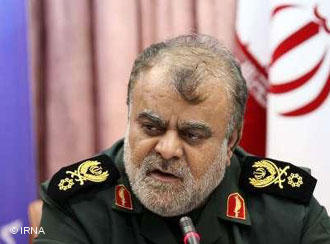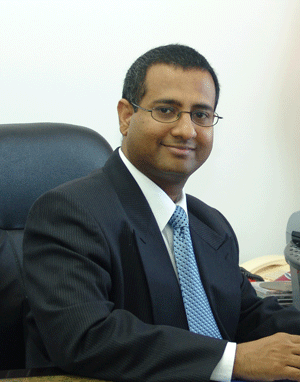![ahmadinejad_db “Ahmadinejad will not tolerate an impeachment and will move to disrupt the environment,” Khazali said. “He will leak certain information, publication of which could create tension in the society. [Iranian] authorities should not be concerned, however; as the sooner this cancerous tumor is removed, the better.”](http://omidmemarian.com/wp-content/uploads/2012/03/ahmadinejad_db-300x199.jpg)
The Iranian president is taking heat.
Speaking in an interview with Voice of America, Mehdi Khazali, the son of a high-ranking conservative cleric in Iran, recently accused Iranian President Mahmoud Ahmadinejad of being directly involved in a $2.6 billion banking scam in Iran. Over the past few weeks, the scandal that has taken place inside the Iranian banking system (Mahmoud Ahmadinejad appointed the latest governor of Iran’s central bank) has turned into a tug of war among Iranian political factions. Some even believe that the scandal could push the controversial Iranian president out of office. Continue reading Did Ahmadinejad Steal Billions?





